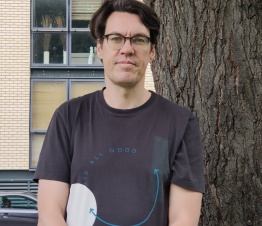What is integrative therapy?
Integrative therapy or integrative counselling makes use of a variety of different types of psychotherapeutic theory, rather than relying on one style or modality. For example, some integrative therapists include elements of cognitive behavioural therapy (CBT), alongside practices which require more self reflection and personal development, such as humanistic or psychodynamic therapy. Integrative is becoming a more popular label, as it allows therapists to use a variety of approaches and techniques, tailoring their practice to individual clients.
The term 'integrative' also refers to the belief that all aspects of the person should be considered: behavioural, cognitive, psychological, social and spiritual. Integrative therapy concerns itself with why certain methods work for an individual client, without preconceptions about what 'should' work.
The duration of integrative therapy will always be tailored to the needs of the client and agreed between the client and therapist.
Who benefits from integrative counselling?
The client-therapist relationship is central to integrative therapy. Integrative therapy would suit anyone looking for a supportive, active role from their therapist, who during integrative therapy would commit themselves wholly to the client's journey of self-exploration.
The importance of this relationship means integrative therapy is most commonly a long-term therapeutic process, therefore would not necessarily suit someone who was specifically solution-focused.
Integrative therapy, because of its flexible nature, has been proven useful for many mental health issues including depression, anxiety, past and present trauma, low self-esteem and phobias; as well as for loss and bereavement.
Relevant associations
This information has been vetted by a professional member of the welldoing directory
Last updated 29 April 2019




























































